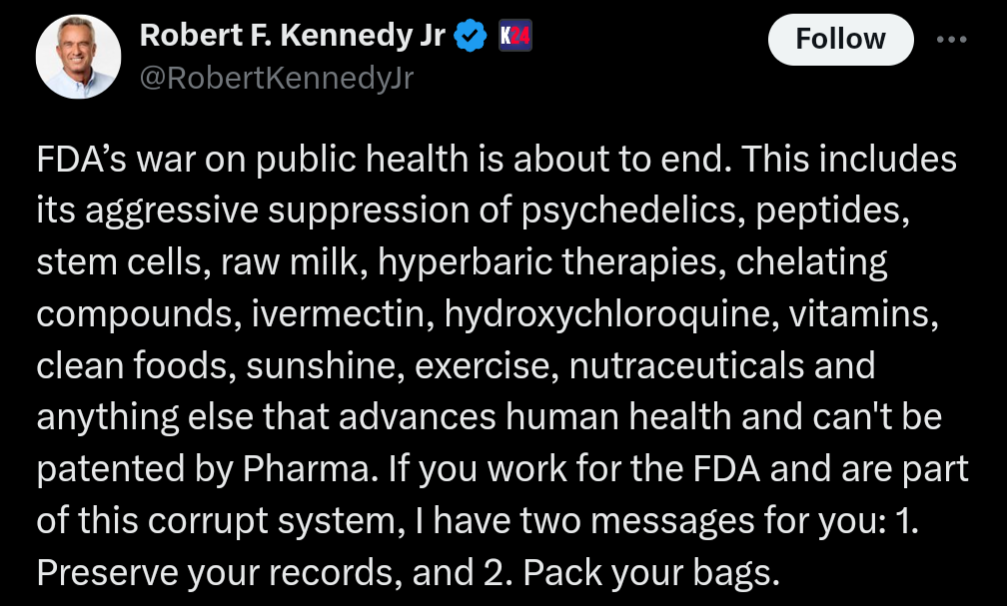

Just a reminder that the national review is a garbage rag and a biased source.
The judge had questions about the process used to decide the onion had won, and reviewed the information. That’s not the same as blocking the sale.
A hearing is normal after the sale of assets, and the people making the claim that it’s not are the other buyer, which is … Alex Jones.
Jones was accused of peddling the narrative that the shooting, in which a gunman killed 20 first-grade students and six teachers twelve years ago, was a massive hoax designed to get federal gun-control legislation enacted. The plaintiffs alleged Jones defamed them on his show and inflicted emotional distress.
That’s a very slanted way to say “Jones was convicted of defamation and inflicting emotional distress on the families of a school shooting by insisting their children weren’t real”.
https://apnews.com/article/alex-jones-infowars-auction-onion-how-d42e7b2c916205b348628686c8b8dd4a
https://bsky.app/profile/bencollins.bsky.social/post/3lb3hecp7l22k










Check engine light? That’s fine, if it goes wrong it’s just him. The high beams are dangerous, inconsiderate and just a dick move, but also something that could be done by mistake.
Flagrantly violating traffic control signs is dangerous to him, anyone in his vehicle, other drivers, and random passerbys. That’s a pretty big no-no, and worth reporting in the harshest terms on its own.
Would you have wanted previous riders to have reported that behavior before you got in the car? If you knew they were going to drive like that would you still have picked them as a driver?
If not, why would you let someone else be in the same situation you would take steps to avoid?